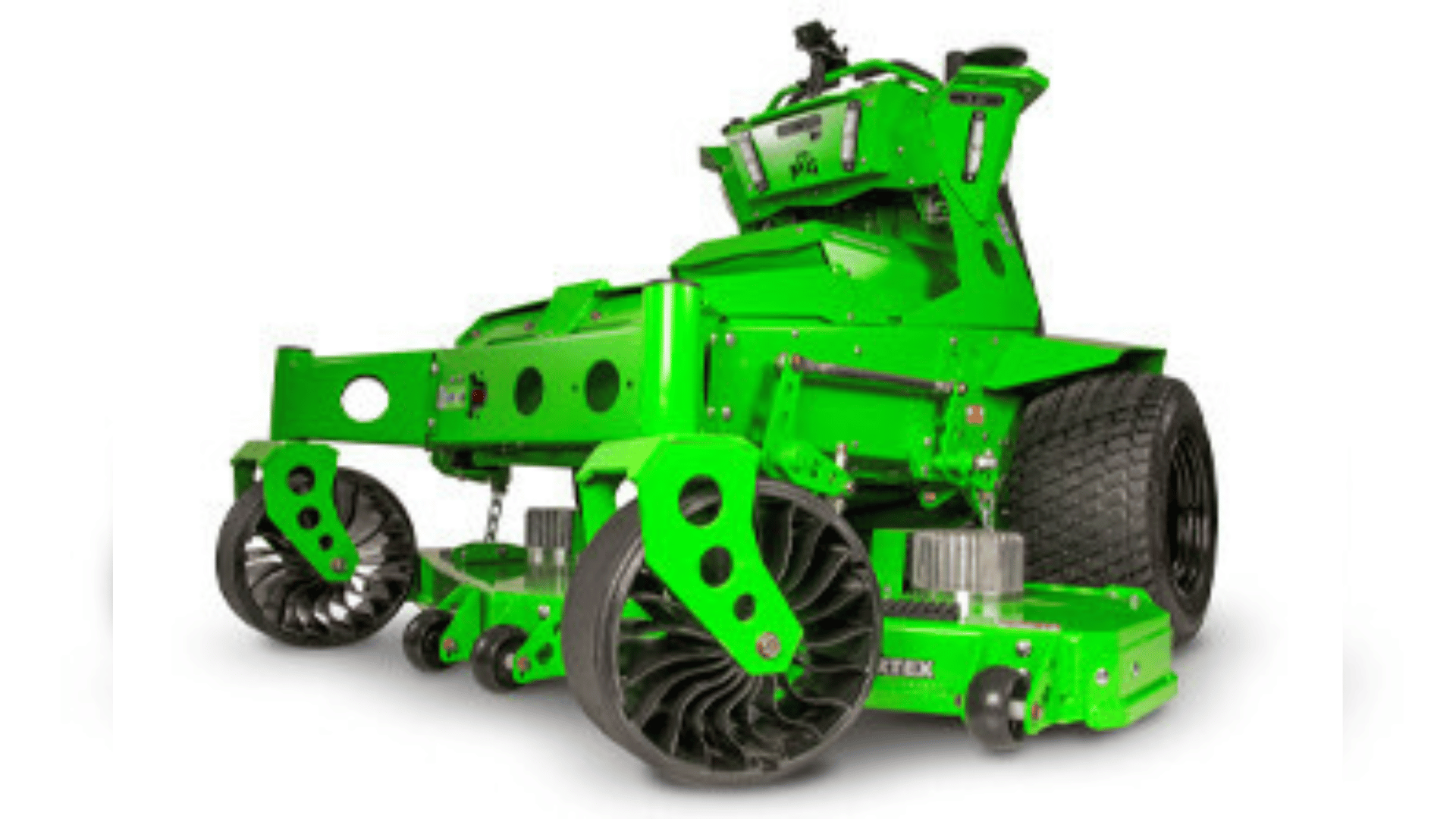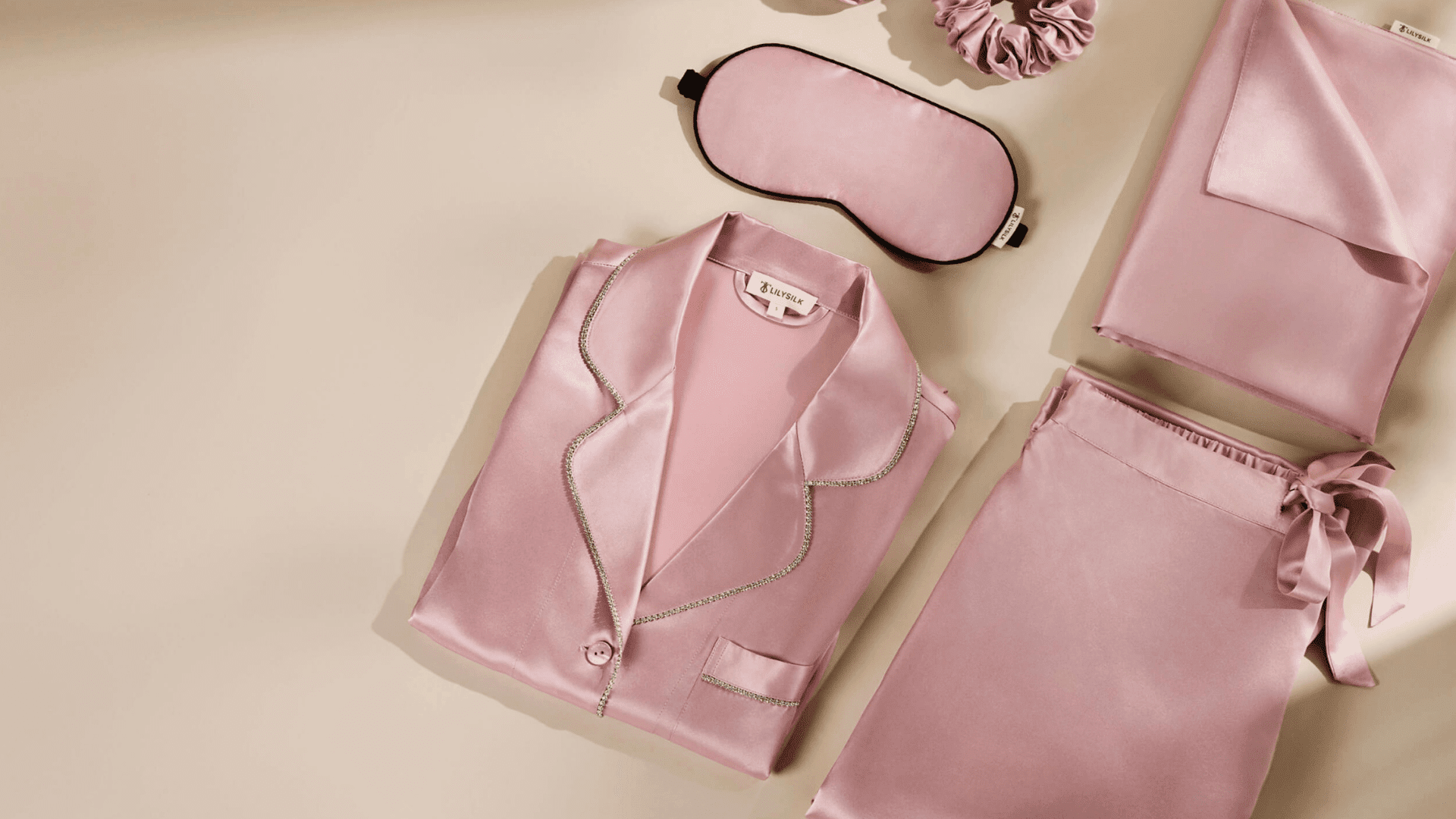As the need for masks has risen and quantities are depleting, manufacturing companies all around the world are stepping up and doing their part to bring surgical masks to doctors around the country who desperately need them.

Surgical masks are made of a multi-layered structure which consists of a layer of textile with non-woven bonded fabric. Non-woven fabric has a better bacteria filtration and air permeability than cloth substitutes. They’re typically made using polypropylene, but they can also be made using polycarbonate, polyethylene, or polyester. The masks are created on a machine line that assembles non-wovens from bobbins, ultrasonically welds the various layers together, and stamps the masks with nose strips, ear loops, etc. Once they’ve been properly sterilized, they can be sent out of the factory to various hospitals in need of them.
Due to the shortage of masks in the U.S., manufacturing of them has gone beyond the typical factories they’re made in. Companies like Under Armor and GM have begun to convert some of their own space, materials, and assembly lines in order to manufacture face masks for hospitals around the country.
GM specifically is also empowering other companies to do the same by detailing their specs on materials, equipment, and processes in order to help other companies make the transition as well. Once their line is running at full speed, they’re expecting to be able to produce 50,000 masks per day (up to 1.5 million per month).

Shilpan Amin, GM’s Vice President of global purchasing and supply chain, spoke with CNBC and stated, “Our ultimate goal is to get more masks to the people who desperately need them… We also recognized it would be counterproductive if GM – or any other manufacturer – competed for supplies with existing medical-mask companies. By making available GM’s production processes to our global supply base, we hope to facilitate other companies’ efforts to bring more materials, more equipment, and ultimately more facemasks to the community.”
Other companies such as Under Armor have designed their own version of a face mask for their production line. According to Forbes, their design is one-piece and their production process involves and origami-style folding process to shape the fabric into a useable mask. They’ve estimated that they will be able to manufacture as many as 100,000 masks per week utilizing a knife cutter with the capabilities of cutting roughly 100 pieces of fabric simultaneously.







